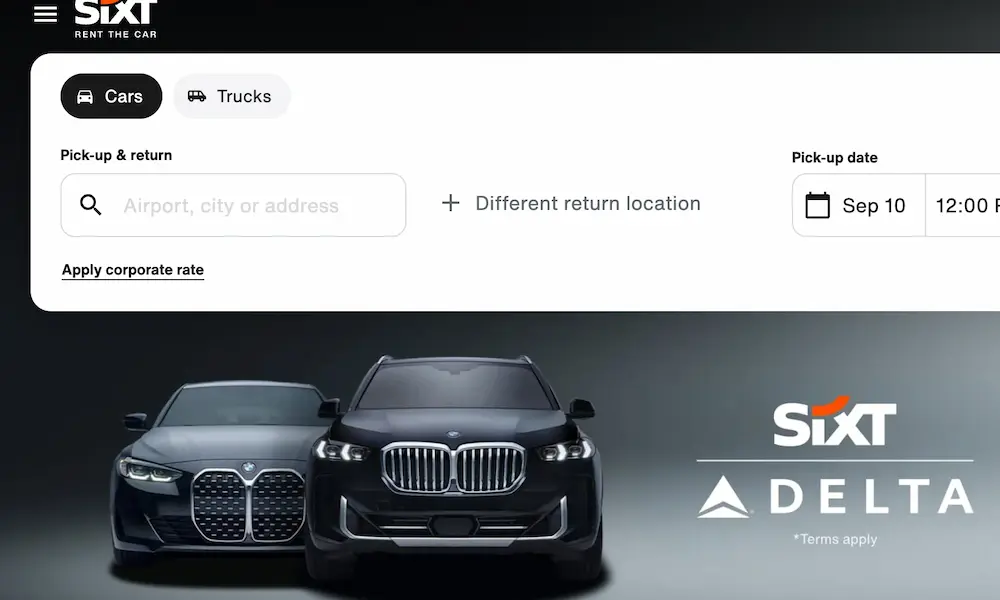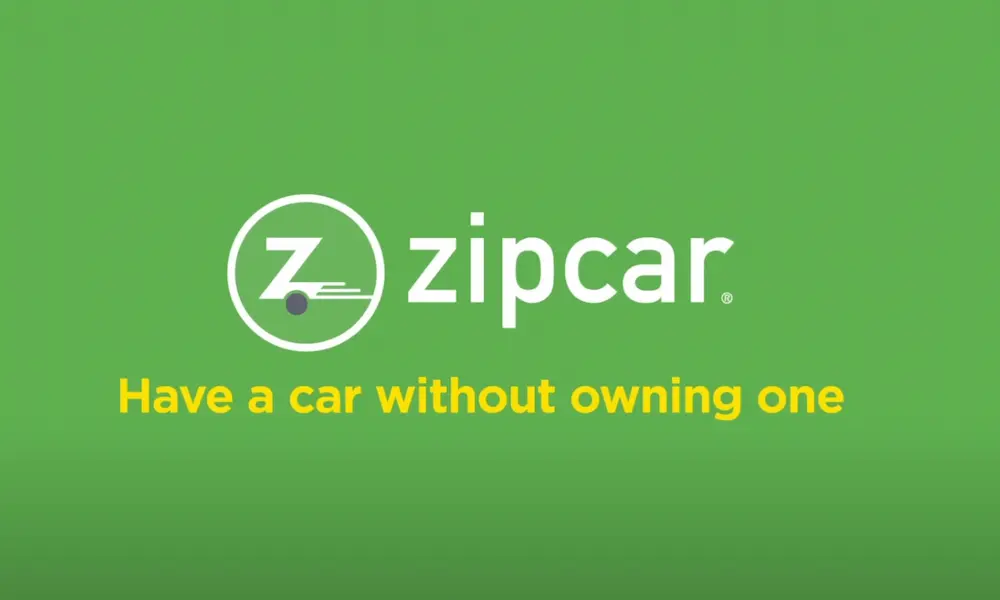Planning a trip from the U.S. to Canada and considering driving a rental car across the border?
You’ll be glad to know that taking a rental car to Canada is generally permitted by many U.S. rental companies, but it’s essential to check the specific policies and requirements before you hit the road.
You’ll need to ensure you have the proper documents and insurance for cross-border car travel.
Across various rental companies, the stipulations for taking a rental car into Canada may vary. It’s important to verify from the start if your chosen rental agency allows their vehicles to make the trip. Clearing this beforehand ensures you avoid last-minute hassles at the border or potential policy violations.
Understanding Cross-Border Car Rental
When planning to take a rental car from the U.S. to Canada, it’s crucial to be aware of the policies set by rental companies and to have all necessary documents for a smooth border crossing. Additionally, the type of rental vehicle permitted for cross-border travel can vary, so understanding these categories is essential for your trip preparation.
Rental Company Policies for Canada Travel
Most major rental companies like Alamo, Avis, Enterprise, Hertz, Thrifty, Budget, and National allow you to take their vehicles into Canada. However, the permissions and restrictions can vary:
- Alamo: Requires proof of insurance and informs customers about potential restrictions ahead of their trip.
- Avis: Grants permission for a limited set of vehicles, and customers might need a Canadian non-resident insurance card.
- Enterprise: Allows cross-border travel as long as the rental agreement stipulates it.
- Budget: Needs customers to carry a non-resident insurance card showing they are covered in Canada.
It’s important to inform the rental company of your intention to travel to Canada as policies on cross-border may change.
Essential Documents for Border Crossing
Crossing into Canada requires you to be prepared with the following documents:
- Passport or U.S. Passport Card: Your primary identification for international travel.
- Driver’s License: Valid and current.
- Insurance Card: Proof of an auto insurance policy that is accepted in Canada, or a Canadian non-resident insurance card if required by the rental company.
- Extra Documentation: Depending on your status, you might need a visa, birth certificate, U.S. Permanent Resident Card, Certificate of Indian Status, Tribal ID (for Native Americans), or Military ID.
Ensure that all your identification documents have consistent information and are easily accessible while crossing the border.
Rental Vehicle Considerations
Rental companies typically categorize vehicles into various classes:
- Large Passenger Vans: Certain companies may restrict these from crossing due to their size and use.
- Cargo Vans & Specialty Vehicles: Might have restrictions based on intended use or insurance coverage.
- Exotics: High-value vehicles might not be allowed to cross for risk and insurance reasons.
Check with your rental company for any restrictions regarding the vehicle class you intend to rent. It’s essential to choose a vehicle that suits your travel needs and is allowed cross-border into Canada.
Insurance Requirements
When planning your trip to Canada by car, understanding the insurance requirements is essential. Make sure you have the proper coverage, including a Canadian non-resident insurance card, if you’re using a rental car.
Auto Insurance for Traveling to Canada
Your U.S. auto insurance typically extends to cover you in Canada, but it’s critical to confirm this with your insurance provider. Before embarking on your journey, verify that your policy includes coverage for driving across the border.
Most insurers provide this as part of their standard coverage, but you should always check to avoid any surprises.
Obtaining Non-Resident Insurance Card
For a seamless experience, you must carry a Canadian non-resident insurance card. This card serves as proof that your car rental insurance or personal auto insurance is valid in Canada.
Fortunately, obtaining a Canadian non-resident insurance card is generally a simple process. Budget Car Rental advises customers to inform the rental agent of travel plans so they can provide the card free of charge.
Similarly, Avis recommends contacting them in advance to arrange for a vehicle that can cross the border and to secure the necessary documentation.
Navigating Border Crossings
When planning to take a rental car from the USA into Canada, you need to be prepared for specific procedures at the Canadian border, current COVID-19 considerations, and common issues that could arise during transit.
Canadian Border Procedures
Upon reaching the U.S.-Canada border, you will be required to present a valid passport and any other necessary documentation. If you’re driving a rental car, you’ll need a Canadian non-resident insurance card, which proves that your auto insurance is valid in Canada.
Make sure to inform the rental agency of your intention to cross the border as policies may differ among providers. Additionally, anticipate potential delays as border crossings can be busy, and procedures might vary depending on the port of entry.
COVID-19 Considerations
As of the knowledge cutoff in early 2023, the pandemic situation is dynamic, and requirements at the border can change. Previously, proof of COVID-19 vaccination was a common entry requirement.
To facilitate your entry, accurately and fully complete all forms on the ArriveCAN app prior to arriving at the border. Always check the most current travel advisories before your trip to ensure compliance with the latest health measures.
Common Border Crossing Issues
Although most trips are trouble-free, you might face issues like accidental document misplacement or misunderstanding regarding cross-border restrictions.
To avoid a fine or being denied entry, double-check that you have all the necessary paperwork for both yourself and the rental vehicle. Remember, restrictions can be stricter for rental cars, so confirm details with your provider. If you remain organized and keep abreast of the latest regulations, your border crossing should be smooth.
Practical Tips for Travelers
When planning a road trip across the border with a rental car, it’s crucial to be well-prepared, aware of potential extra costs, and informed about Canadian regulations to ensure a smooth journey.
Preparing for Your Journey
Before you set out, always make your reservation in advance, and specify that you’ll be crossing into Canada. Some companies like Budget and Payless provide specific cross-border information essential for planning.
Double-check that your rental agreement includes permission to enter Canada, as not every company allows this.
Avoiding Extra Fees and Fines
To avoid unnecessary fees, read the fine print about cross-border policies. For instance, some companies like Sixt may charge a penalty for unauthorized border crossings. Stay informed about any potential fines or additional charges by consulting resources such as AutoSlash, which aggregates rental car discounts and tips.
Navigating Canadian Laws and Regulations
Familiarize yourself with Canadian law to avoid legal hassles. Remember, Dollar Car Rental and other agencies will expect you to comply with all local laws, including speed limits and road signs.
Also, obtain the necessary authorization in the form of a Canadian non-resident insurance card if you’re renting from US agencies like Fox Rent A Car to verify that you have coverage in Canada.
Conclusion
Taking a rental car from the USA to Canada is both feasible and commonplace. To ensure a smooth journey, always inform your rental agency of your intent to cross the border. This is crucial to comply with your rental agreement and to understand any associated regulations or restrictions.
Upon picking up your rental car, you’ll need a Canadian non-resident insurance card. This card serves as proof that your auto insurance is valid in Canada. Thankfully, this insurance card is typically provided free of charge at the rental counter. For example, specific details can be found on the Budget Car Rental’s cross-border policy.
Prepare the necessary documents before embarking on your trip; these include:
- Valid Driver’s License
- Passport or travel document
- Rental agreement
- Canadian non-resident insurance card (if driving a rental car)
If you’re flying into Canada and are a citizen of a visa-exempt country, you’ll also need an Electronic Travel Authorization (eTA). Conversely, if your country of citizenship requires it, you must secure a visa. For more information, the guide on driving across the U.S. border into Canada can be insightful.
It’s advisable to check any vehicle restrictions and to confirm whether additional rental policies apply. Avis, for example, allows a limited set of vehicles to cross the border with advance consent.
Remember, compliance is key. Stick to your rental car agency’s guidelines and international travel laws, and you’ll be set for a stress-free journey into Canada with your rental vehicle.















